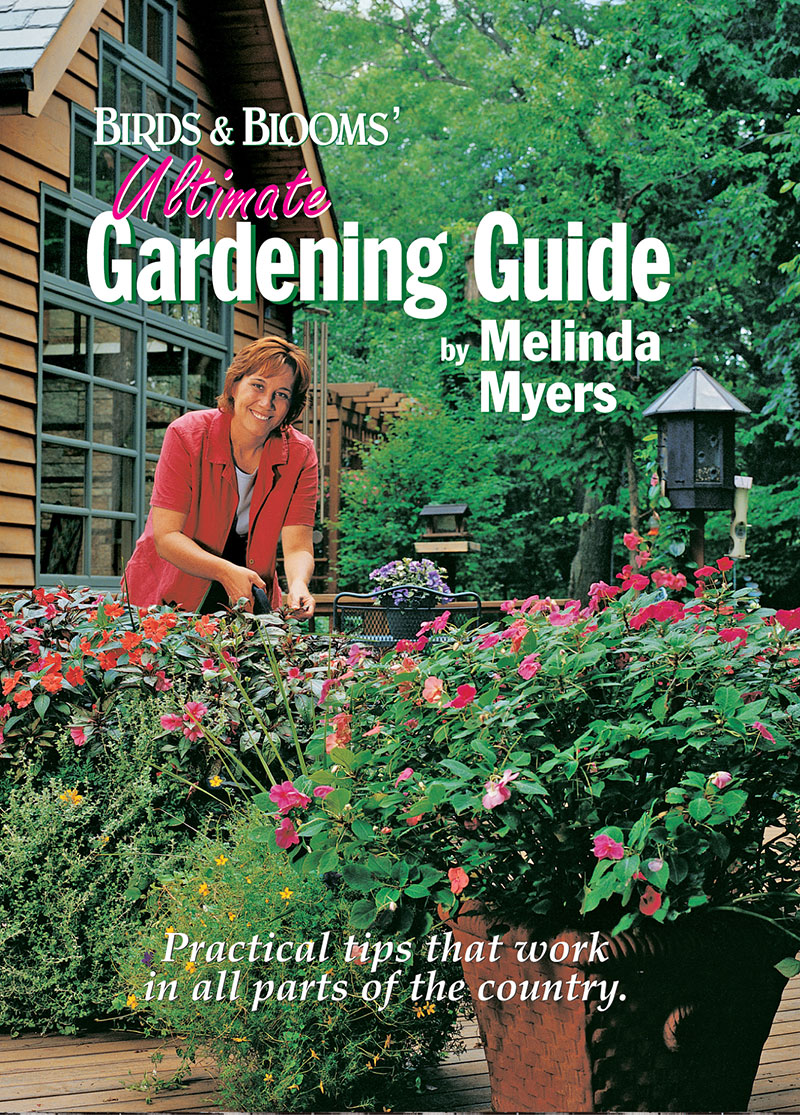
Amaryllis
- Botanical Name
- Hippeastrum
- Min Zone
- 8
- Max Zone
- 10
- Height
- 1 to 2 feet
- Width
- 9 to 12 inches
- Flowers
- Seasonal: trumpet-shaped, white, pink, red, salmon, rose, apricot, bicolor; 6 to 10 inches
- Light
- Bright, indirect light when growing indoors, dappled shade or bright shade when growing outdoors
- Soil
- Moist, well-drained, rich
- Planting & Care
- Bulbs should be firm and dry with no signs of injury, mold or decay
- Select a container with good drainage to avoid bulb or root rot from excess moisture
- Diameter of pot should be about 1 inch wider than the wides part and twice as tall as the bulb to allow for good root development
- Amaryllis prefer to be slightly potbound
- Potting mix should be sterile and rich in organic matter
- Plant the bulb so that 1/3 to 1/2 remains above the soil surface
- Plan to have a 1-inch gap from the soil surface to the rim of your pot to accomodate watering
- Water when the top 2 inches of soil feels dry
- Bulbs should begin to produce a flower stalk and begin blooming 6 to 8 weeks after planting
- To prolong bloom period, keep your plant out of direct sunlight
- After the flowers fade, carefully prune them off, taking care not to damage the main flower stem
- Seed formation depletes the energy reserves in the bulb and will reduce future blooms
- Remove the flower stalk only once it has turned yellow, as long as it is still green, it is producing energy for the bulb
- Once the plant has finished blooming, move it to the sunniest location possible to allow the leaves to continue to grow and produce energy to store in the bulb
- Continue watering regularly and fertilize monthly with an all-purpose houseplant fertilizer
- When all danger of frost has passed in spring, you can move your plant outdoors, first in shade to acclimate it to the outside then gradually move it to a sunny location where it should receive at least 6 hours of direct sunlight dialy
- Grow as a container plant on your deck or patio, or sink the entire container into the ground for the summer, removing from the pot is not recommended
- By mid to late summer the foliage may die back as the bulb enters dormancy
- Bring the pot indoors before the first frost and store in a dark location at a cool 50° to 60° and do not water
- Allow the leaves to dry and turn brown before removing them
- Leave the pot in the dark for 8 to 12 weeks
- Periodically inspect the bulb for mold or mildew
- When plants begin to grow again, move plant to a sunny window, water and fertilize as above
- Flowers usually develop in about 4 to 6 weeks from dormant bulbs
- Problems
- Mealybugs, red blotch, narcissus bulb fly
- Varieties
- Apple Blossom - white with red lines, pink blush, single type
- Beautiful Lady - pale mandarin red, single
- Valentine - white with pink veins, single
- Susan - soft pink, single
- Spotty - red-brown with greenish lines, small single flowers
- Best Seller - cherry red on a short stem
- Bouquet - salmon pink, single large flower
- Byjou - soft burnt apricot, single
- Cantate - milky deep red, single
- Scarlet Baby - red, small single flower
- Rilona - peach pink, single
- Red Lion - dark red, single
- Picotee - white, fine red border, single
- Christmas Gift - white, single
- Dazzler - white, single
- Double Picotee - white, fine red border, double type
- Dutch Belle - opal rose, single
- Pasadena - red with white bands, double
- Orange Sovereign - red-orange, single
- Minerva - red with white bands and green throat, single
- Germa - yellow, single
- Lady Jane - rose pink with faint white bands, double
- Ludwig's Goliath - bright scarlet, single
Related Content
Article
Article
Article
Article
Categories
Upcoming Live Events
& Webinars
April 27, 2024
Ridges & Rivers Book Festival
Viroqua, WI
Register now
April 28, 2024
Flowering Trees and Shrubs
Ebert's Greenhouse Village, Ixonia, WI
May 1, 2024
FREE WEBINAR
Ornamental Fruits and Vegetables
Register now
May 4, 2024
Garden U 2024
New Richmond, WI
Register now
May 9, 2024
FREE WEBINAR
How to Plant Your Rain Garden
Register now
May 11, 2024
Ask The Plant Doctor Q & A
Ebert's Greenhouse Village, Ixonia, WI
May 12, 2024
Ask The Plant Doctor Q & A
Ebert's Greenhouse Village, Ixonia, WI
May 18, 2024
Ask The Plant Doctor Q & A
Ebert's Greenhouse Village, Ixonia, WI
June 1, 2024
Selecting, Planting, Pruning and Caring for Hydrangeas
Ebert's Greenhouse Village, Ixonia, WI
June 5, 2024
FREE WEBINAR
Under-Appreciated Pollinators
Register now
WATCH ON-DEMAND WEBINARS
Learn More
















